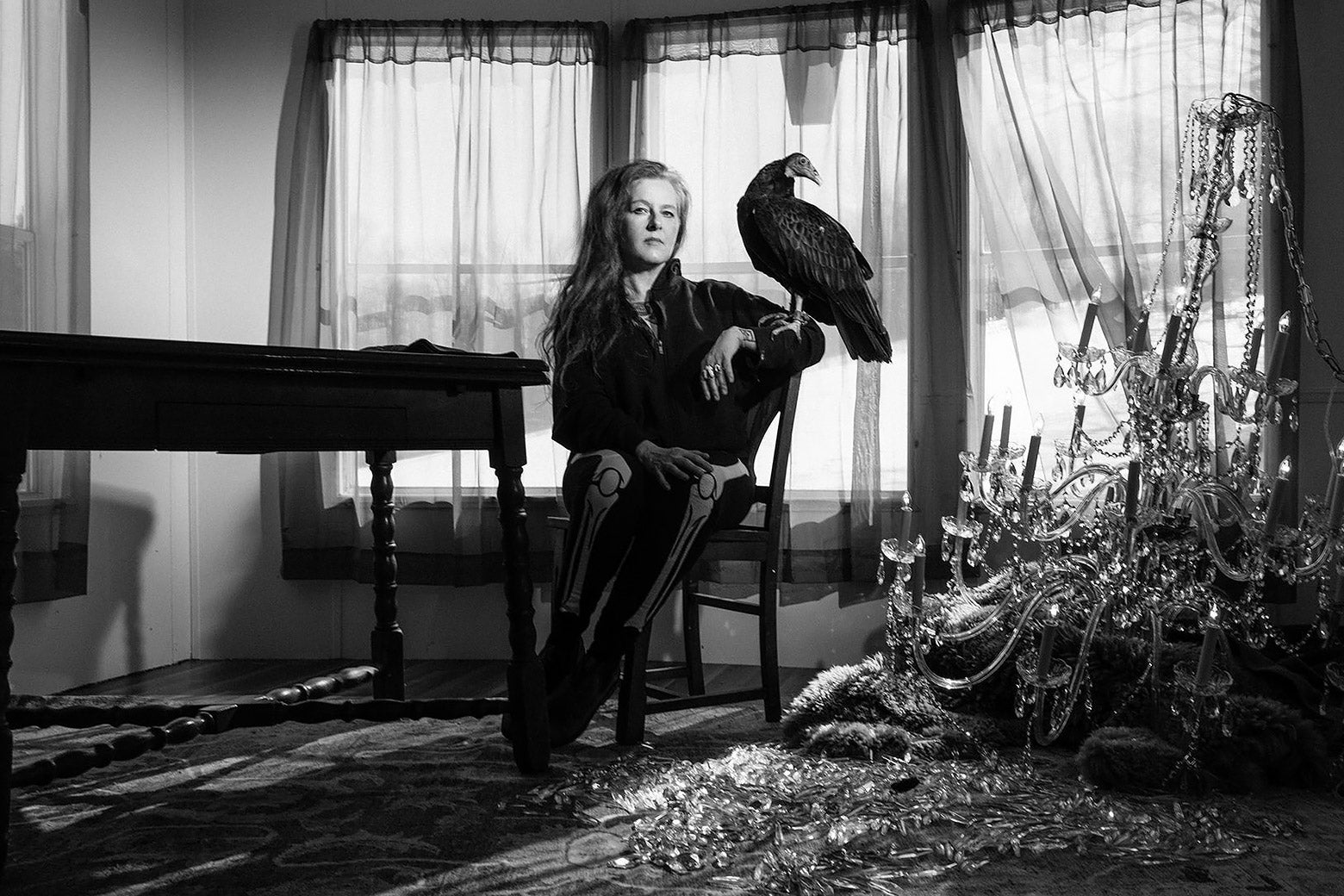
"It's titled after some characteristic atmospheric hues in the Pacific Northwest, where Case mostly grew up, often left to her own devices by parents too young and damaged to care for or even really love her, as chronicled in her harrowing bestselling memoir published earlier this year. On the ninth track here, "Rusty Mountain," she sings, "Love songs mostly sound the same/ An exercise in futility, for me/ There's a few who get away with it/ They've some divergent insight I can't find.""
"particularly the rock-music culture she came up in, in which all a woman is supposed to hope for is to be a muse to some guy who'll write a song for her: "Take your radio and shove it!/ All your 'he's' and 'she's' and rhyming 'love' ... We all deserve better than some love song." The arrangement is mostly acoustic, with ornamentation from other instruments entering only cautiously, as if scared of what might happen if they come on too strong."
"But then there is a twist. The song pivots to address someone else, someone other than the usual suspects: "And now that someone really loves me ... It took some divergent insight long in finding/ But now you're here." There is even a surge of orchestral strings. And at the end of the song, when Case repeats, "We all deserve better than a love song," it becomes clear that the better thing is actually, simply or not-so-simply, love itself."
Neko Case rarely writes straightforward love songs, and her eighth solo album, Neon Grey Midnight Green, confronts that history by addressing love directly. The album title evokes Pacific Northwest atmospheres and Case's upbringing amid parents who were too young and damaged to provide care or love. On "Rusty Mountain" she criticizes conventional love songs and rock-music culture that expects women to be muses, singing lines like "Love songs mostly sound the same..." and "Take your radio and shove it!" The arrangement remains mostly acoustic and restrained, then pivots as the song acknowledges a real, reciprocated love, culminating in orchestral strings that affirm love itself as the "better thing."
Read at Slate Magazine
Unable to calculate read time
Collection
[
|
...
]